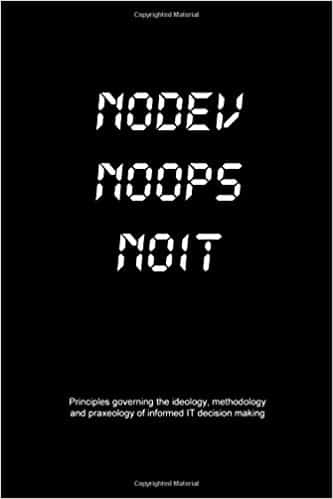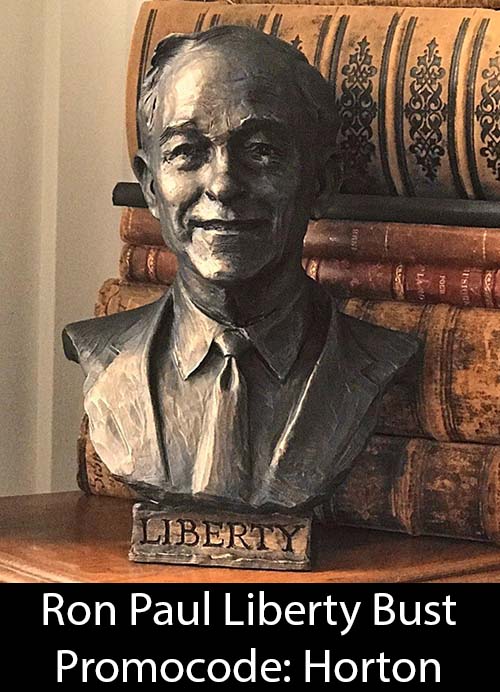Why is it up to Russ Feingold to call for censure of the President (which really just amounts to an unconstitutional bill of attainder with no penalty) for using the military to tap our phones? Why is he all alone?
The entire Senate ought to be voting for a resolution calling for the House to hurry and pass up some articles of impeachment for them to convict and remove on. These folks are supposedly our representatives up there, and what do we get? A bunch of nothing. According to Craig Gilbert at the Milwaukee Journal Sentinel,
“In dismissing the notion of censure, some senators argue not that the wiretapping is necessarily legal, but that the question is unanswerable for now, either because too little is known about the program or because the courts haven’t put the big constitutional issues to rest. Chief among them: whether a 1978 law against warrantless domestic wiretapping is trumped by the president’s inherent constitutional powers as commander in chief.”
Now, Michael “I never recommended war to anyone” Ledeen may have read over at the Powerline blog that using the military to tap Americans’ phones without warrants is just as legal as can be, but the plain and simple language of the fourth amendment leaves no room for error: the executive may not search us without the consent of an independent judge, and then based only upon sworn testimony describing the probable cause to believe evidence of a crime will be found:
“The right of the people to be secure in their persons, houses, papers, and effects, against unreasonable searches and seizures, shall not be violated, and no Warrants shall issue, but upon probable cause, supported by Oath or affirmation, and particularly describing the place to be searched, and the persons or things to be seized.”
The unconstitutional FISA law which gutted this amendment in the name of protecting it back in 1978 says that they can just go ahead and eavesdrop on you, as long as they let the judges know (rather than asking) within three days:
“(f) Emergency orders
Notwithstanding any other provision of this subchapter, when the Attorney General reasonably determines that















